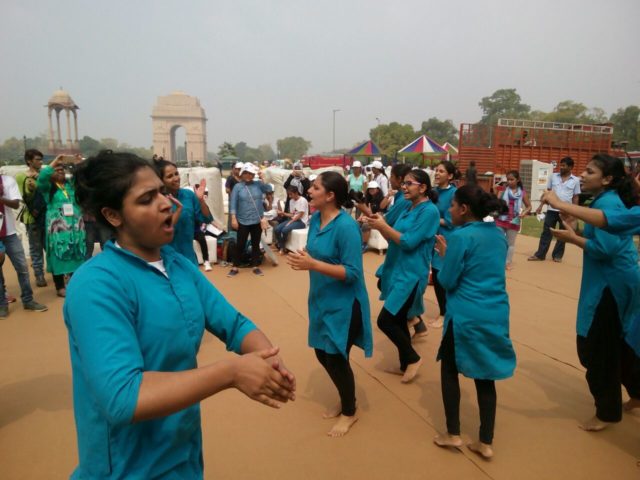It is true that multitasking is often rated as a highly desirable skill for the 21st century. The neuroscience research tells us that the brain doesn’t really do tasks simultaneously, as we thought it might.
Here is how multitasking is a myth.
The human brain is capable of performing one task at a time.
“It is a myth that multitasking is beneficial in improving efficiency, as the human mind is inherently wired to be focused selectively on one task at a time in order to ensure minimal human errors and thereby improve productivity,” says Dr. Samir Parikh.

How does multitasking affect the productivity of students?
In today’s world, there is tremendous pressure to perform which creates stress. The young generation has developed a habit of multi-tasking because we are unable to set our priorities right. This can be quite stressful.
Having to do several internships, college societies and studies at the same time can be a bad idea. The productivity of students tends to reduce and there is a lot of pressure to set the priorities right.
It is basically the time management problem that many people have trouble with, especially students.
However, students think of multitasking as a necessary part of their lives. But it is only possible if one or more tasks are well-learned that no real thought is necessary to complete the task.
The doctors believe that multitasking leads to a direct fall in productivity. It is when you switch from one task to another, the transition is not a smooth one.
Dr. Parikh says, ”Multitasking, or focusing our attention on multiple tasks at the same time tends to ensure a divided attention, thereby increasing the risk not only for greater frequency of human errors but also increasing our levels of fatigue at the same time impacting our efficiency adversely.”
ALSO READ: It’s Funny How Similar My Mother And My Smartphone Are
There is a lag time while your brain shifts attention from one task to another. It generally feels like the shift is seamless but it actually takes time.
How much time does it take? The American Psychological Association has shown that multitasking takes as much as 40 percent more time than focusing on one task at a time.
It has been proved that those who consider themselves to be great at multi-tasking make more mistakes, remember fewer details and actually take longer to complete tasks.

Are there particular personality types that are more likely to multi-task?
The doctors say that high strung people who are always on the move are more likely to choose multi-tasking as a way of life.
“Individuals who are typically always “on the go”, and who tend to be aspiring to be achieving more than would be expected are individuals who prefer to multitask. Further, these are individuals who are unable to relax and tend to be restless, getting distracted easily and can also be hyperactive at times,” says Dr. Parikh.
The people who are ambitious are best at multitasking because they are productive and want to accomplish as much as possible.
You should avoid over-commitment and procrastination. It’s important to set small targets in line with the larger goals and to reward yourself and celebrate small achievements.
I think if you don’t commit to anything you’ll be distracted by everything. It is important for young people to consciously make the decision to focus on a single task at one time.
Image Credits: Google Images
Sources: Wikipedia, Psychology Today, Whatls.com
Find the Blogger at: @NivedytaK
Also Recommended:
This Is How Indian Millennials Live A Regular Day & Spend Their Time

































